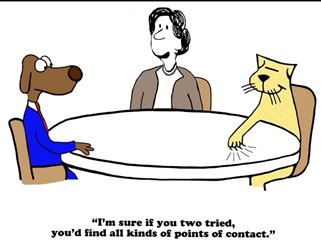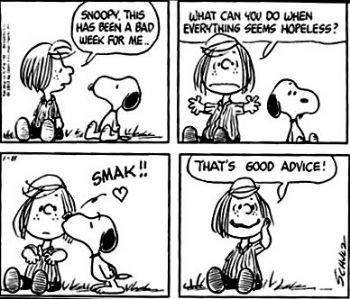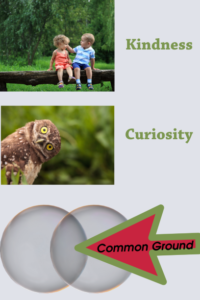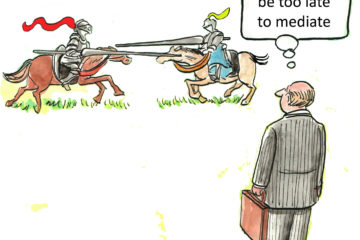How to hold a long conversation with someone different from you
How do you have a longer conversation with staff, customers, family or friends who are COVID-19 conspiracy theorists, antivaxxers, climate change deniers, racist, sexist or who hold any belief that is different from your own?

You might react strongly to them because you think their beliefs are dangerous and would put others at risk. But beliefs don’t put others at risk, behaviours do. For now, let’s focus on the beliefs.
A former skinhead with extreme racist and homophobic views once told me that she let go of her strongly held beliefs, not because someone convinced her with reasoned arguments or shouted at her telling her she was wrong but because one person was kind to her and listened to her theories about life without criticizing or judging her. She felt safe with this person because they listened.

Three ingredients of psychological safety
For people to discuss contentious issues openly, including talking with angry antivaxxers, there needs to be a sense of psychological safety. Three qualities to help create this safety are kindness, curiosity, and common ground.
Kindness = generosity of spirit
Curiosity = truly interested to learn
Common ground = finding consensus
One obvious thing that you have in common with a person who holds opposing beliefs is that you both believe each other is dangerously misinformed. If you don’t see this, understanding the other person will be more difficult.
Of course, not every viewpoint is equally justified. Just because someone holds a perspective doesn’t make it rational or valid; nor does it excuse behaviour that results from that belief. But, when you explore further with curiosity you may find common values such as a desire for health, freedom, truth, and safety.
Curiosity and kindness not conversion and coercion
While you may share the same underlying values, you have a very different way of achieving them. So, you need to get curious. Let go of the idea that you can teach the other person about how right your position is and how wrong their position is. Instead, find out what it is that gets them to hold their position.
Being kind is an essential quality to bring to this conversation. Kindness has the power to de-escalate a disagreement and open-up inquiry. While their behaviour may be challenging their beliefs cannot of themselves harm you. So, take courage and open yourself to hearing what they say and what they have experienced that’s led to what they believe. Don’t try to convert or coerce – it just doesn’t work.
In short, when talking with angry antivaxxers make common ground your target, and kindness and curiosity your tools. In practise this may look like this:
“I gather that you and I have very different beliefs about COVID-19 and I’m curious to know what you think and how you came to your position. Would you be willing to talk? I also don’t want to argue. I’m genuinely curious and want to understand where you’re coming from. And I’d like to share my thoughts on where I’m coming from. Are you open to sharing?”
If they aren’t open to hearing your ideas then you don’t have to listen to them. It doesn’t have to be all one-sided.
One the other hand, if they are interested in sharing ideas then listen, ask questions, and highlight when you agree or sympathize with their position.
The simple formula – kindness, curiosity, common ground will help you establish psychological safety. Once it’s clear you have safety you can begin to disagree meaningfully.

You’ve established safety when you notice empathy and understanding instead of fear, disgust, or distrust in yourself and in the other person.
When you have heard from them you might say:
“That’s interesting. I see it differently. Do you mind if I share my perspective? Tell me what you think about this.”
If safety is threatened as you disagree – if parties get defensive or combative – come back to kindness, curiosity, common ground. This is the beginning of real dialogue.
This article is based on one published by Ryan Trimble of Crucial Learning from January 2021.
Crucial Learning have wonderful resources for holding difficult conversations.
Contact us if you want to know how to get training in managing angry customers, challenging colleagues or furious family members. We offer face-to-face and online training to fit in with your situation. Call John for a no obligation chat.
